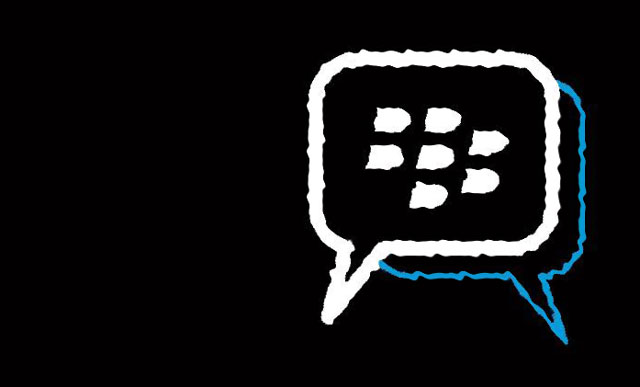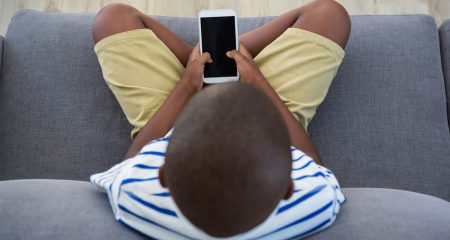
BlackBerry has surprised the market by announcing that it will make its popular BlackBerry Messenger (BBM) available to iPhone and Android users.
The move raises the stakes in the mobile instant messaging market, where the cross-platform WhatsApp is rapidly entrenching itself as a market leader.
BBM will be available to iOS and Android users sometime in the southern hemisphere winter and will support version six and higher of the Apple software and version four and higher of the Google software.
BBM has lost ground in recent years to WhatsApp, which is available on almost every mobile platform, including iOS, Android, Windows Phone, Series 40, Symbian S60 and BlackBerry 7 and 10. As of April 2013, WhatsApp was carrying 20bn messages a day sent by 200m active daily users. The company, which was launched by two former Yahoo executives, now claims to have more users than Twitter.
BlackBerry’s move to open BBM to other platforms may simply be a reaction to WhatsApp’s success and the fact that BBM no longer gives the company a big edge in device sales.
BBM includes “delivered” and “read” statuses, as well as personalised profiles and avatars. It offers multi-person chats, as well as the ability to share photos and voice notes, and engage in BBM groups of up to 30 people.
“For BlackBerry, messaging and collaboration are inseparable from the mobile experience, and the time is definitely right for BBM to become a multi-platform mobile service,” says executive vice-president Andrew Bocking.
BlackBerry claims BBM has 60m active monthly users, with more than 51m using the service an average of 90 minutes per day. This is “nearly twice as many messages per user per day as compared to other mobile messaging apps”, the company says.
At the same time, BlackBerry has announced BBM Channels, a “social engagement platform” in the software that will allow customers to connect with businesses, brands, celebrities and groups. It plans to add support for BBM Channels as well as voice and video chatting for iOS and Android later this year. — (c) 2013 NewsCentral Media




